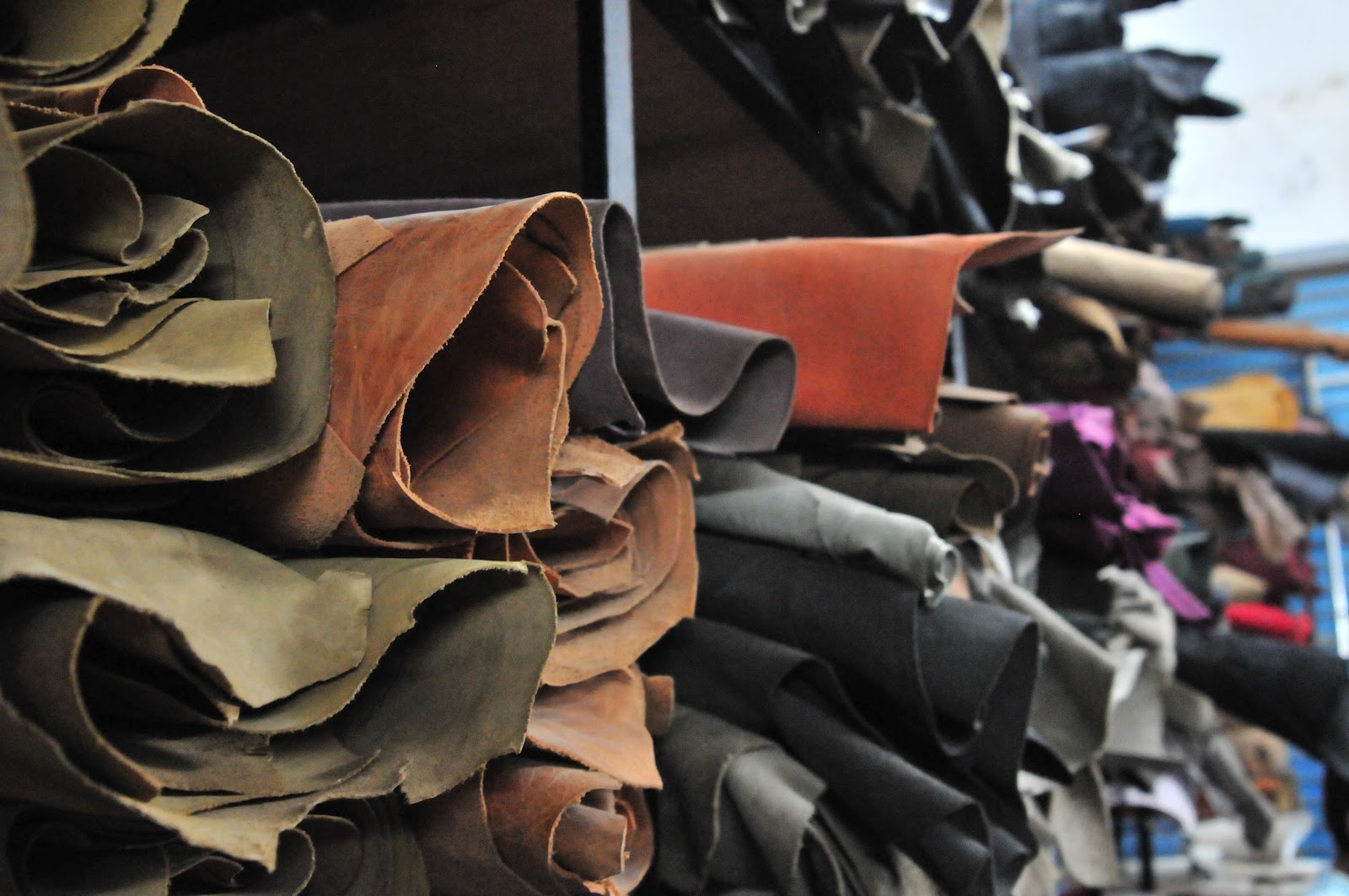- Nigeria Earns $600m Annually from Leather Exports – Report
The Nigerian leather industry generates between $600m to $800m through export annually, a report by JCR-VIS Credit Rating Company Limited.
The report was cited by the Managing Director, Bay Enterprises Limited, Bello Yakasai, while presenting a paper at the Manufacturers Association of Nigeria’s roundtable discussion.
The event which held in Kano State recently had the theme, ‘Leveraging Nigeria-China economic relations to industrialise the economy.’
According to the report, Nigeria is tanning and exporting between 40m to 50m skins annually, while the sector is employing about one million direct and indirect workers.
The value of hides and skin exported to China in 2017 stood at between $6m and $8.5m, it added.
On ways to improve the Nigerian economy through the leather sector, Yakasai recommended that instead of exporting leather from Nigeria, China and Nigeria should invest in further processing of the products.
Finished leather products are used in cloth or cloth accessories, decoration and other aesthetic values, protection or safety, among other uses.
Volume of leather trade annually around the globe is valued at $272bn. This consists of 55 per cent footwear valued at $150bn as 11 billion pairs of shoes are sold every year.
In 2016, world import and export of leather was valued at $2bn each.
Earlier, the Minister of Science and Technology, Dr Ogbonnaya Onu, declared that Nigerian leather industry could be worth about $900m in export in the coming years.
In his remarks at the event, the President, Manufacturers Association of Nigeria, Ahmed Mansur, pointed out that China’s increasing influence on the global economy opened up opportunities for developing countries, including Nigeria.
He said, “It’s now common knowledge that China has become the second largest economy in the world (GDP over $10tn) and is rapidly becoming a major factor in the changing global economic order.
In 2015, the Chinese Government launched the “Belt and Road Initiative” as a global economic development strategy aimed at changing the architecture of the world economy.
“BRI- involves a $900bn infrastructure and investment programme designed to connect over 67 countries in Europe, Asia, Middle East and Africa, to China with the goal of changing the direction of trade and investment flows.
“In September 2018, Nigeria joined the BRI. The focus of the Nigeria-China Memorandum of Understanding was mainly on infrastructure development, especially in the power and transportation sectors. We are all aware that many ongoing projects in these sectors, both at the federal and state levels are indeed being financed by the Chinese.”
He added that BRI also covered other areas of investment opportunities including Industrial and Small and Medium Enterprises development, trade facilitation and human capital development.
“It is our desire to explore during this dialogue how the growing Nigeria-China economic relations and the BRI can be leveraged to attract more investment in our manufacturing sector and reverse the direction of de-industrialization on our country,” he said.

 Billionaire Watch2 weeks ago
Billionaire Watch2 weeks ago
 Startups4 weeks ago
Startups4 weeks ago
 News4 weeks ago
News4 weeks ago
 News4 weeks ago
News4 weeks ago
 Bitcoin4 weeks ago
Bitcoin4 weeks ago
 Naira4 weeks ago
Naira4 weeks ago
 Forex3 weeks ago
Forex3 weeks ago
 Treasury Bills4 weeks ago
Treasury Bills4 weeks ago















